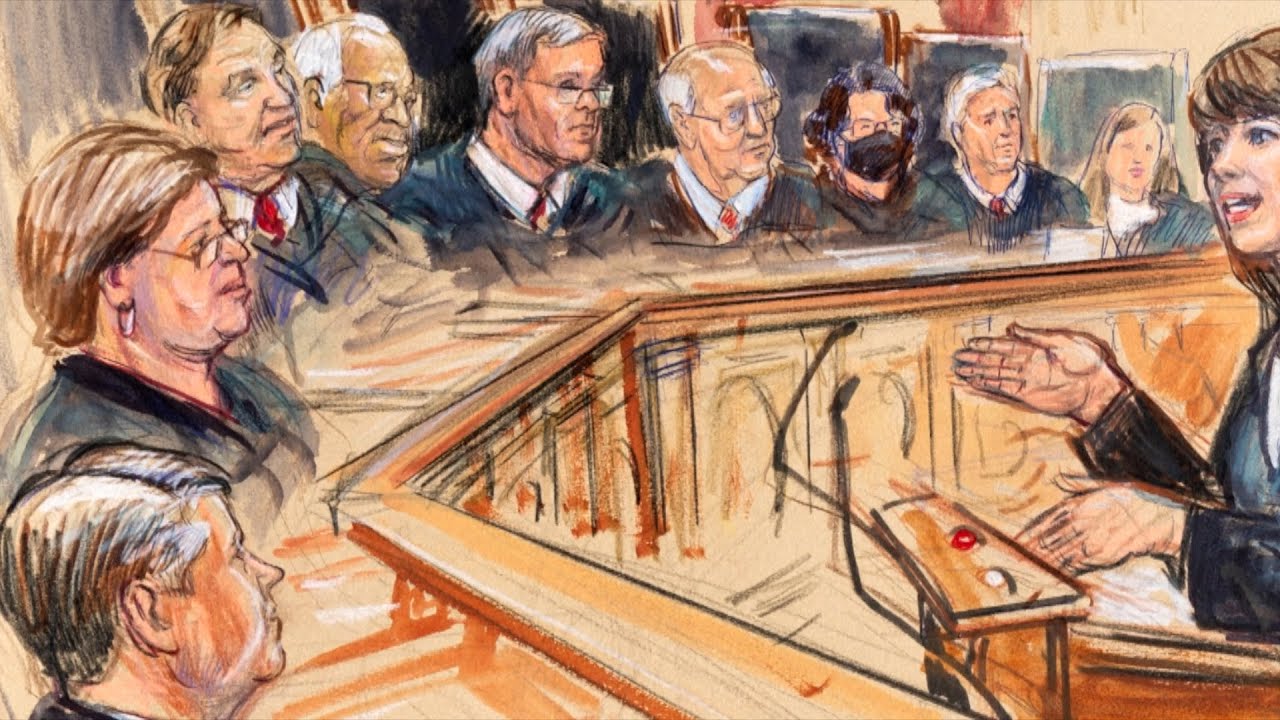 |
|
The United States Supreme Court's decision to uphold the ban on TikTok for US users marks a significant victory for the Biden administration and a major setback for the popular social media platform. The ruling, delivered on January 17th, affirmed the administration's concerns regarding national security risks associated with the app's Chinese ownership and data handling practices. This decision carries substantial implications, not only for TikTok's millions of American users but also for the broader landscape of international technology regulation and the ongoing tensions between the US and China. The case highlights the growing anxieties surrounding data privacy, foreign influence, and the potential vulnerabilities of social media platforms in the context of national security.
The arguments presented by the Biden administration centered on the potential for the Chinese government to access user data collected by TikTok, enabling espionage, censorship, and propaganda dissemination. Concerns were also raised about the app's potential use in influencing US elections or disrupting critical infrastructure. While TikTok vehemently denied these allegations, arguing that its data security measures were adequate and that it would never comply with any such demands from the Chinese government, the Supreme Court ultimately sided with the administration's assessment of the risks. This decision reflects a growing trend among governments worldwide to scrutinize the influence and data practices of foreign-owned technology companies, particularly those based in countries with differing geopolitical priorities.
The Supreme Court's ruling, however, is not without controversy. The ban drew significant opposition, notably from then-incoming President Donald Trump, highlighting the deep partisan divisions surrounding the issue. Critics argue that the ban is overly broad, infringes on free speech rights, and lacks sufficient evidence to justify its severity. Concerns have been raised about the potential for discriminatory enforcement and the impact on the livelihoods of those who rely on TikTok for their businesses or social connections. Legal challenges to the ban are likely to continue, even with the Supreme Court's affirmation. The precedent set by this case will likely have a significant ripple effect, influencing future regulations targeting foreign-owned technology companies operating within the US and setting a precedent for similar actions in other countries.
The future of TikTok in the US remains uncertain. While the Supreme Court's ruling is a decisive blow, legal battles may continue, and potential modifications to the app's operations might be explored to address the national security concerns. The case underscores the complex intersection of technology, national security, and geopolitical dynamics. It's a battleground where the pursuit of economic opportunities and technological innovation must carefully navigate the constraints of national security and data privacy. This ruling exemplifies the ongoing debate concerning the appropriate balance between fostering innovation and safeguarding national security, a debate that will continue to shape the digital landscape in the years to come. The decision may also influence how other countries approach similar concerns regarding foreign-owned social media platforms and the broader technological landscape.
The implications extend beyond the immediate impact on TikTok. The ruling could serve as a blueprint for future actions taken against other tech companies deemed to pose national security risks, regardless of their popularity or economic impact. It could trigger a wave of increased scrutiny of foreign-owned tech firms operating within the US and possibly lead to similar bans or restrictions on other platforms. The decision's impact on the relationship between the US and China also cannot be ignored. It adds another layer of complexity to the already strained diplomatic relations and underlines the increasing technological rivalry between the two superpowers. This will likely further encourage the development of separate digital spheres, possibly exacerbating existing geopolitical tensions.
In conclusion, the Supreme Court's decision to uphold the TikTok ban is a pivotal moment in the ongoing struggle to balance national security interests with the freedoms and benefits of technological innovation. While the ban provides a sense of immediate security for some, it raises profound questions about the limits of government power, the extent of acceptable surveillance, and the potential chilling effect on free speech and technological advancement. The case will likely inspire further debate and legal challenges, shaping not only the future of TikTok but also the future of the digital world.
